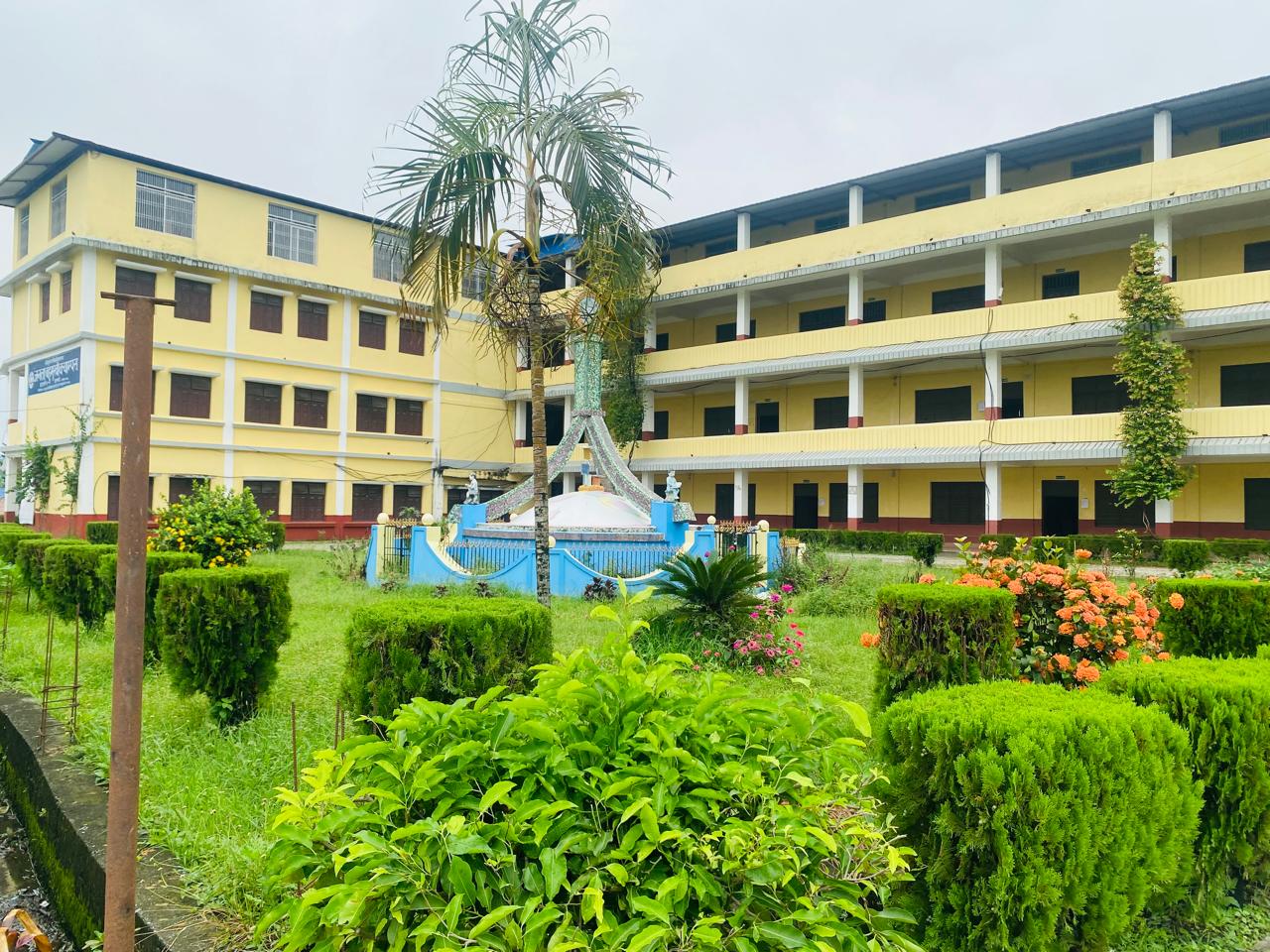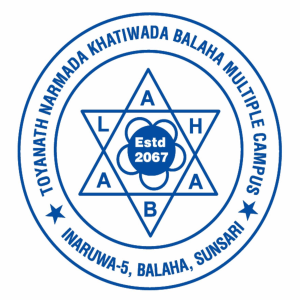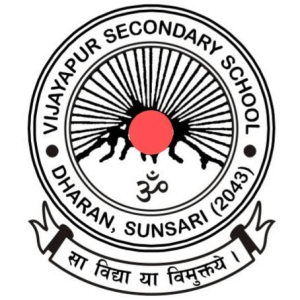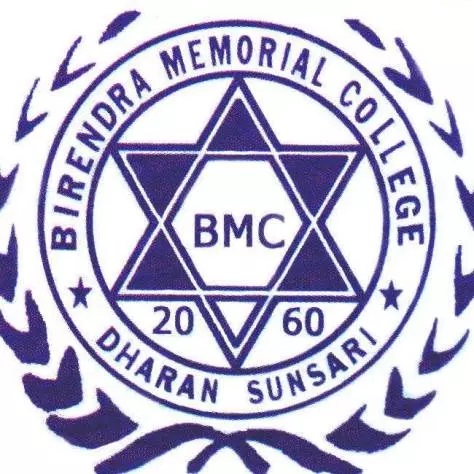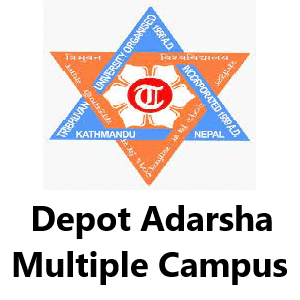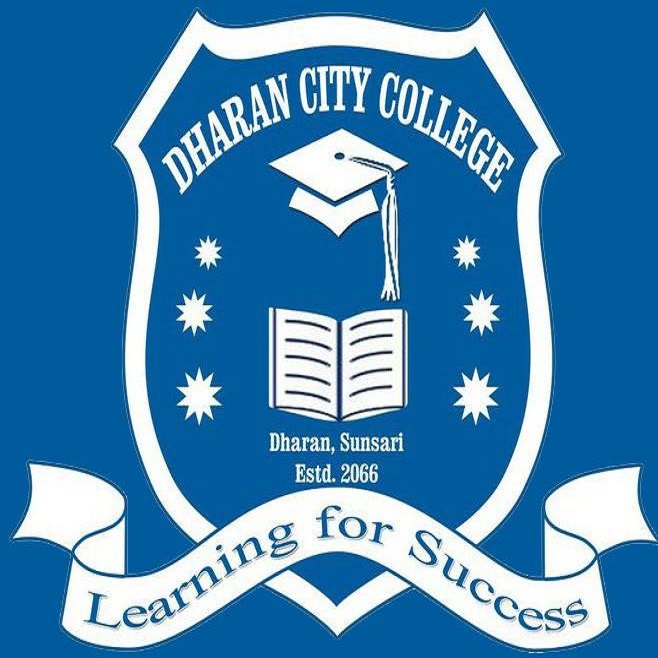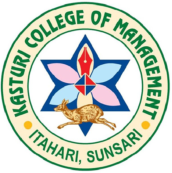Overview
Janata Multiple Campus (JMC) in Itahari, Sunsari is a Tribhuvan University (TU)–affiliated community campus that offers bachelor’s and master’s programs for Nepal and global learners. Established in 2045 BS (1988 AD), JMC runs BBS, BEd (4-year), One-Year BEd, BA, BICTE, MBS, and MEd.
Primary terms used naturally for search: Janata Multiple Campus Itahari, TU-affiliated community campus, Sunsari, bachelor and master programs, admission, scholarships, UGC QAA process.
Overview
JMC began with a local effort to make university study accessible in Itahari. Early classes ran in the morning shift at Janata Madhyamik School. The campus now operates from its own buildings and follows TU curricula and examination standards.
Governance is community-based. Academic committees coordinate work among departments, monitor teaching, and review student support. The campus is moving through the UGC Quality Assurance and Accreditation (QAA) pathway, which guides planning for courses, books and journals, and facilities.
Quick Highlights
-
Year of establishment: 2045 BS (1988 AD)
-
Location: Itahari, Sunsari, Nepal
-
Affiliation: Tribhuvan University (TU)
-
Nature: Community campus
-
Levels: Bachelor’s and Master’s
-
Programs: BBS, BEd (4-year), One-Year BEd, BA, BICTE, MBS, MEd
-
Human resources: about 62 teaching staff and 21 non-teaching staff
-
Students: 2,500+ (varies by session)
-
Buildings: three-storied academic blocks (~42 rooms), separate administration and library, laboratories
-
Land: community-donated area above 6 bighas, including a multipurpose ground
-
Quality work: ongoing progress toward UGC QAA
-
Funding: primarily student fees with support from UGC and local bodies on an agenda basis
Academic Programs Offered
Bachelor of Education (BEd — 4 years)
The BEd covers subject content, pedagogy, classroom practice, and evaluation. Students select specializations offered by the campus under TU rules. School observation and practice teaching are part of the program. Internal assessments and TU examinations determine final results.
BEd in Information Communication Technology Education (BICTE)
BICTE focuses on practical use of ICT for teaching and learning. Students prepare digital lesson materials, learn basic programming ideas relevant to school-level curricula, and use classroom tools allowed by TU guidelines. The course helps future teachers handle ICT-related classes with confidence.
One-Year Bachelor of Education (One-Year BEd)
The One-Year BEd serves graduates who need a teacher education credential as per TU structure. It includes pedagogy, classroom assessment, and school-based practice. The program is suitable for teaching roles where a teacher training year is required.
Bachelor of Business Studies (BBS)
BBS builds a base in accounting, finance, marketing, and organizational studies. TU sets the syllabus and examination system. Students usually complete projects, case work, and presentations.
Graduates move into entry-level roles in business firms, NGOs, and public offices or continue to MBS.
Bachelor of Arts (BA)
The BA develops skills in reading, writing, and analysis across the humanities and social sciences. Subject combinations depend on campus offerings and TU norms.
The degree supports paths in education, communication fields, and public service where sound writing and research habits are needed.
Master of Education (MEd)
MEd subject options include English, Nepali, Curriculum and Evaluation, Health Education, and Education Planning and Management.
The course blends advanced content study, research methods, assessment practice, and policy perspectives. A small research project or thesis may be part of the degree as per TU rules.
Master of Business Studies (MBS)
MBS includes managerial accounting, financial management, policy analysis, research methods, and strategic study. It supports graduates who plan to work in management roles, teach at the bachelor level in management streams, or apply for further study.
Admission Process
Eligibility
-
Bachelor’s level: completion of Grade 12 or equivalent from a recognized board. Some programs may need subject prerequisites as per TU rules.
-
Master’s level: completion of a relevant bachelor’s degree with the minimum grade or division set by TU for the chosen program.
Application Steps
-
Form collection and submission within the announced dates.
-
Document verification by the campus office.
-
Selection based on TU criteria and campus rules; merit lists may apply where required.
-
Seat confirmation, fee payment, and orientation.
Required Documentation
For Bachelor’s level
-
SEE Character Certificate and Mark Sheet
-
10+2 (or equivalent) Character Certificate and Mark Sheet
-
10+2 (or equivalent) Transcript
-
Provisional Certificate and Migration (as applicable)
-
Recent passport-size photographs
For Master’s level
-
SEE, 10+2, and Bachelor’s Character Certificates
-
SEE, 10+2, and Bachelor’s Mark Sheets
-
Bachelor’s Transcript
-
Provisional Certificate and Migration (as applicable)
-
Recent passport-size photographs
Notices list any program-specific requirements or fees for the current intake.
Teaching Faculty and Learning Methodology
Departments are led by Heads of Department (HODs). Faculty include senior, mid-career, and early-career teachers. Internal committees (IQMC, AQMC) coordinate teaching plans, course pacing, and periodic reviews.
Methods include lectures, guided discussions, seminars, presentations, projects, and practical sessions. Education streams add school observation and practice teaching. Management streams use case work and project assignments. Internal assessments, attendance, and TU exams shape the final grade.
Faculty meet to align course plans each term. Student feedback is collected through formal and informal channels and shared with departments for follow-up.
Infrastructure and Learning Facilities
JMC runs classes in three-storied academic buildings with about 42 rooms. Administration and library buildings stand separately from classrooms. Laboratories are available according to program needs.
Classrooms have essential fittings such as whiteboards and ventilation aids. Selected rooms use ICT support where scheduling and resources allow. The library holds textbooks, reference works, and journals that reflect TU syllabi. New titles are acquired in phases with QAA planning in mind.
The campus ground supports sports events and large gatherings. Community-donated land above 6 bighas provides room for greenery and long-term planning. The administration oversees power, drinking water, and routine maintenance. Facility updates are carried out as budgets and external support permit.
Student Life and Campus Experience
Students come from Sunsari and nearby districts. At the start of a session, the campus organizes an orientation. Departments host subject talks, reading circles, language practice groups, and exam support sessions. Notices on boards and official channels share class schedules, exam dates, and activity plans.
The campus expects punctual attendance, academic honesty, and respect for rules during classes and examinations. Students can approach departments or the administration for guidance on forms, transfers, and letters needed for further study.
Extracurricular Activities (ECA)
Activities differ by session, interest, and resources. Common events include:
-
Sports meets and friendly matches on the campus ground
-
Debates, quizzes, and essay contests led by departments
-
Cultural events during academic or national days
-
Community outreach with student volunteers
Participation rules aim to prevent clashes with examinations. Schedules appear on notices and department boards.
Scholarships and Financial Support
As a community campus, JMC maintains moderate fee levels relative to program needs. Limited fee waivers or scholarships may be announced for students who meet academic and economic criteria. Seats, categories, forms, and deadlines appear in official notices each session.
Students may also look for external support such as UGC schemes or local body aid when available. All awards require eligibility documents and on-time application. The campus finance office provides information on current fee headings and modes of payment.
Achievements and Institutional Milestones
-
2045 BS (1988 AD): establishment in Itahari through a local initiative; morning shift classes at Janata Madhyamik School premises
-
Early phase: PCL levels (IA and ICom) with 9 lecturers, 4 staff, and 134 students
-
2048 BS: BA introduced
-
2052 BS: BCom (now BBS) added
-
2060 BS: BEd added
-
2063 BS: MEd launched with subject options in English, Nepali, Curriculum and Evaluation, Health Education, and Education Planning and Management
-
2064 BS: MBS started
-
Infrastructure growth: three-storied classroom blocks (~42 rooms), separate library and administration buildings, multipurpose ground on community-donated land above 6 bighas
-
Scale: about 62 teaching staff and 21 non-teaching staff, serving more than 2,500 students (numbers vary by session)
-
Quality work: continuing progress toward UGC QAA with support from internal academic committees and HODs
Why Choose This Institution?
-
Community-based campus with public accountability and TU affiliation
-
Multiple pathways in one location: BBS, BEd (4-year), One-Year BEd, BA, BICTE, MBS, and MEd
-
Structured academic planning through HODs and internal committees
-
Moderate fee structure for a public campus, with limited waivers and scholarships announced per session
-
Library, labs, and dedicated classrooms that support steady study habits
-
Clear routes to teaching roles in schools (BEd/BICTE/One-Year BEd) and management roles in firms, NGOs, and public offices (BBS/MBS)
-
A growing quality system under the UGC QAA process
Conclusion
Janata Multiple Campus, Ithari, offers TU-recognized study in Education, Management, and Arts within a community setting in Itahari. The campus maintains clear procedures for admission and assessment, updates resources in phases, and follows the QAA path to improve academic and support services. Prospective students can review program-wise notices, eligibility rules, and scholarship updates on official channels and apply within the announced timelines.
Contact Janata Multiple Campus's administrative office for detailed information on the course, admissions, location, fees, scholarships, facilities, counseling, or eligibility.
Contact Details
Janata Multiple Campus Itahari
Email Address: jmcith@gmail.com
Phone Number: +977-25-581300, +977-25-580064, +977-9805368122
Website: https://jantacampusith.edu.np


